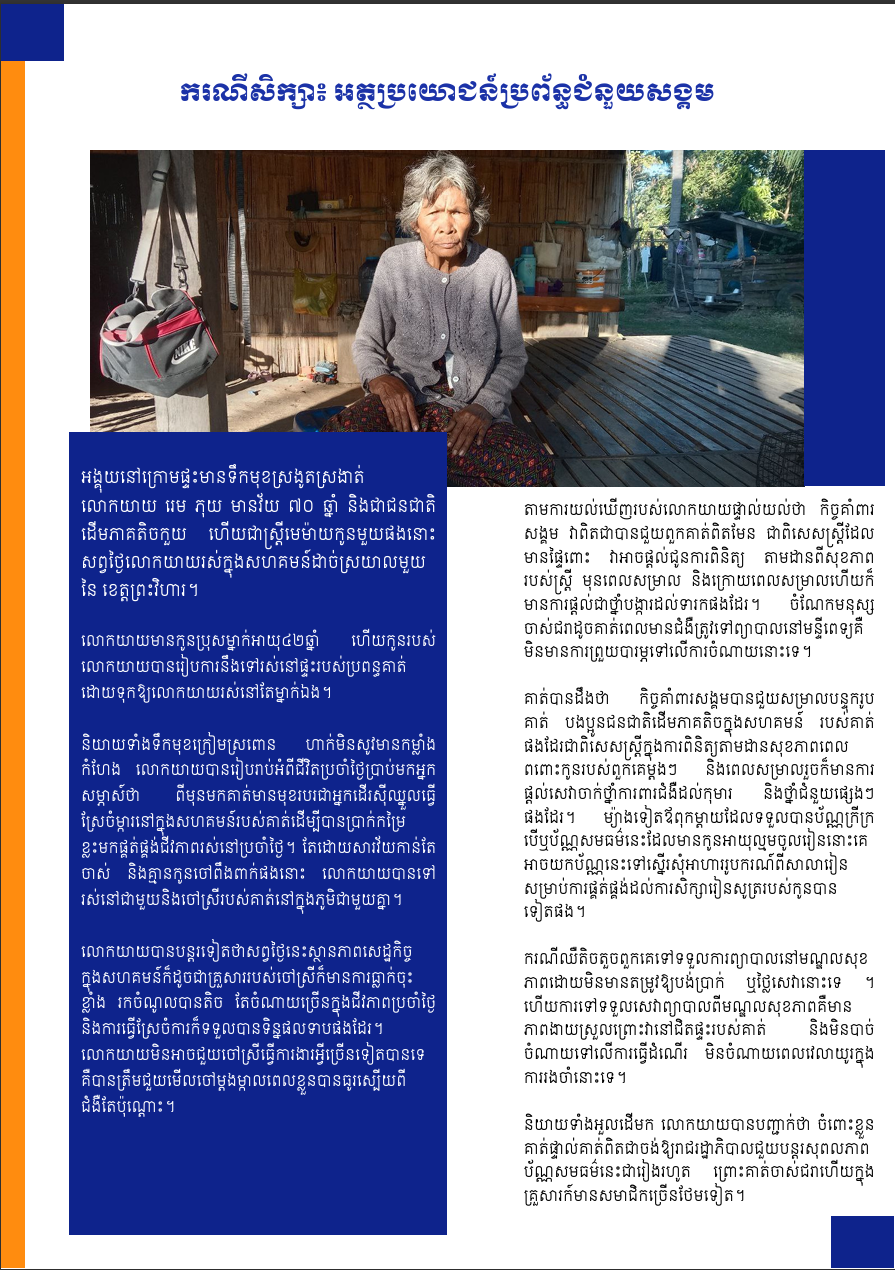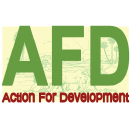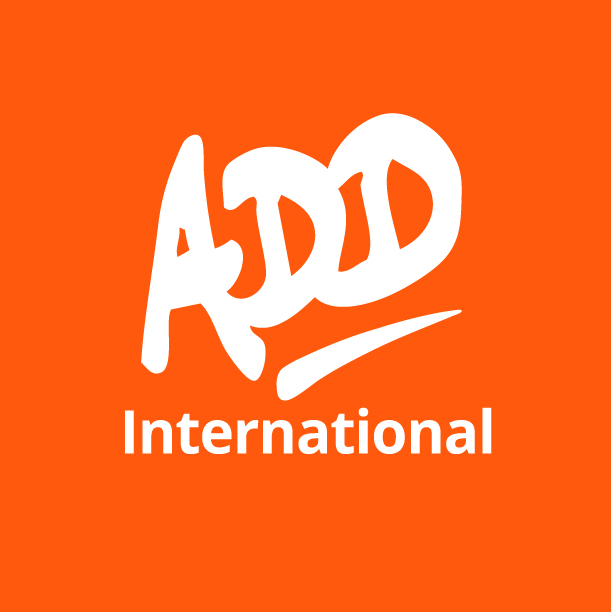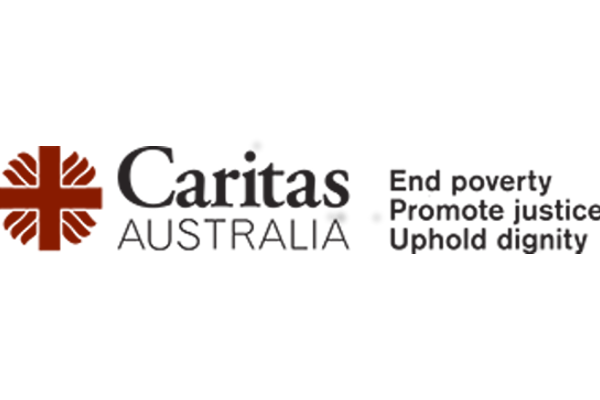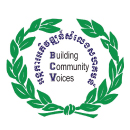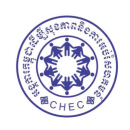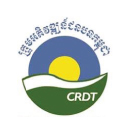Experiences of Commune Councils in Promoting Participatory Local Governance: Case Studies from Five Communes, March 2004
Since the Commune Council election in February 2002 the elected Commune Council officials have been challenged to put into practice the decentralization policies mandated by the national government. This includes not only administrative reform but also involvement in development planning and implementation. Realistically, the Commune Councils will need time to fully perform the roles expected of them. Nevertheless, progress has already been made in several aspects of the decentralization process, especially by Commune Councils that have received more intensive support from government programs and external organizations.
This special research study of the Analyzing Development Issues (ADI) Project examines the experiences of Commune Councils receiving strong support from external agencies. Five case studies are presented highlighting the experience of five communes each selected and supported by one of the following groups: World Vision Cambodia (Takeo), Gesellschaft fur Technische Zusammenarbeit (GTZ) (Kampot), Cooperation Internationale pour le Developpement et la Solidarite (CIDSE) (Kampot), Partnership for Local Governance (PLG) (Pursat), and Concern Worldwide (Pursat).1 Areas for investigation include changes in commune administration, processes undertaken in planning and implementing development activities, partnerships between Commune Councils and civil society, and Commune Council relationships with national government representatives and agencies and with political parties. The research documents and compares the experiences in the five communes and explores the lessons learned in promoting participatory local governance. As such the research seeks to contribute to the broader effort of strengthening the decentralization process in Cambodia.



